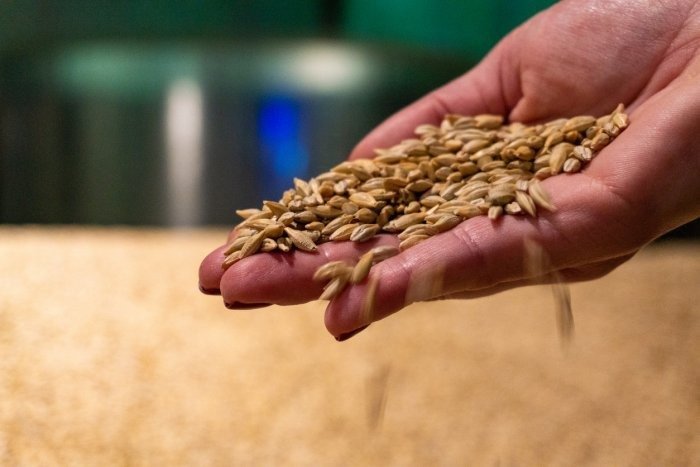The Government has determined now no longer to increase the Pradhan Mantri Garib Kalyan Anna Yojana, (PMGKY), a scheme that ran among April 2020 to December 2022 (besides for a brief length in among), and supplied extra allocation of meals grains, i.e.,
rice or wheat from the vital pool at 5 kilograms a month freed from price to beneficiaries below the National Food Security Act (NFSA). PMGKY absorbed the surprise of the pandemic for the extraordinarily bad and additionally delivered in political dividends for the ruling Bharatiya Janata Party in lots of States that had elections this year,
together with Uttar Pradesh in particular. While discontinuing the scheme, the Government has stated that it’s going to undergo the charges of meals grains below the NFSA for 2023 and make sure loose ration below the Act for the envisioned 81.35 crore beneficiaries for that year. In different words, ration card holders can now avail five kg of wheat or rice according to month without spending a dime in place of at a subsidised rate, at the same time as Antyodaya Anna Yojana cardholders will acquire 35 kg of loose foodgrains.
As the envisioned wide variety of 81.35 crore beneficiaries continues to be primarily based totally on Census 2011 numbers and Public Distribution System entitlements had been restricted to ration card holders and quotas framed via way of means of the Union Government, a few States have long gone directly to extend blessings to others thru the NFSA and different schemes. By taking over the weight of the expenditure for this distribution, the Union government, which has envisioned a further quantity of ₹2 lakh crore for the scheme, has supplied restricted however welcome alleviation in financial phrases for States.
While the expenditure numbers on meals distribution and subsidy provisions appear fiscally expensive, the schemes have supplied misery alleviation to the maximum needy, helped the Government manipulate its meals buffer shares better, and additionally decreased wastage of procured meals grains at a time while procurement figures for rice and wheat via way of means of the Food Corporation of India stay high.
The PDS and the PMGKY have now no longer most effective enabled simple meals protection however have additionally acted as profits transfers for the bad via way of means of permitting them to shop for different commodities that they couldn’t have afforded if now no longer for the blessings. There is, of course, the query of whether or not centered distribution, together with the identity of precedence families and the “poorest of the bad”,
has honestly helped the blessings attaining the deserving with worries approximately diversion of foodgrains. But as rights activists have argued, the extra sturdy answer may be a universalisation of the PDS, which has already labored nicely in some States which include Tamil Nadu, because the scheme could be availed via way of means of everyone in want in place of a mistaken focused on system.

